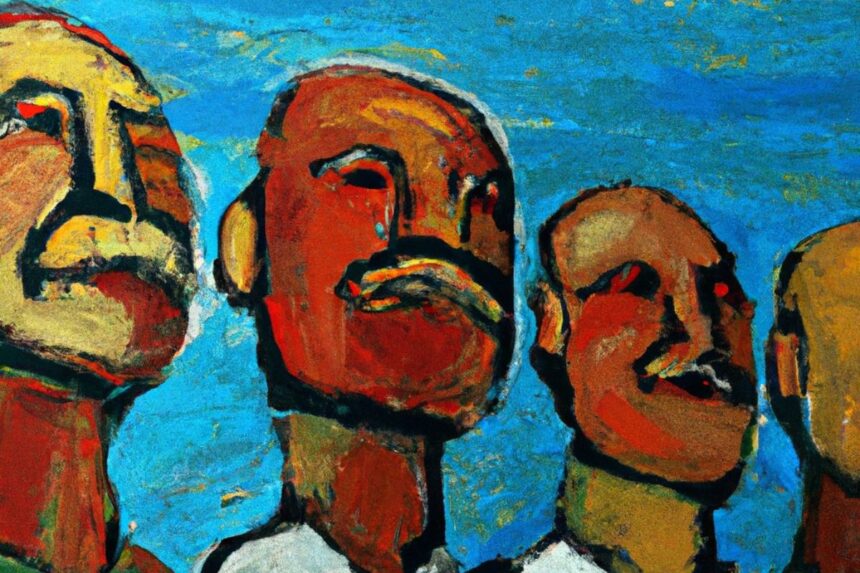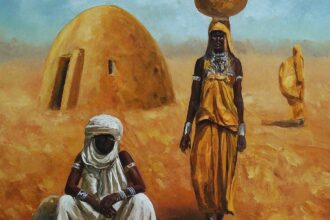Throughout the past 400 years, imperialism has stood as a pivotal force in global politics, reshaping entire nations while suppressing native populations and eradicating diverse cultures. Imperialism extends beyond the mere deployment of military power, the extraction of labor, and the plundering of precious resources. It encompasses a cultural element, altering not only the tangible aspects of societies but their cultural identities as well. When one region of the world exerts control over another, it transforms both the physical and cultural landscapes of the oppressed societies.
Rodney’s analysis from 1972 highlights a critical perspective on Africa’s historical landscape before external disruptions. He observed that 15th-century Africa was far from a disorganized collection of tribes. It was a continent marked by distinct developmental patterns and historical progression. Nations like feudal Ethiopia and Egypt represented the apex of societal evolution at the time. Meanwhile, regions such as Zimbabwe and the states of the Bachwezi were progressing beyond communalism, though not yet at the feudal stage, alongside other emerging societies in Western Sudan.
Read Full Article. View All News. Subscribe Today!
Enjoy 3 Days Free Trial Cancel anytime.
















